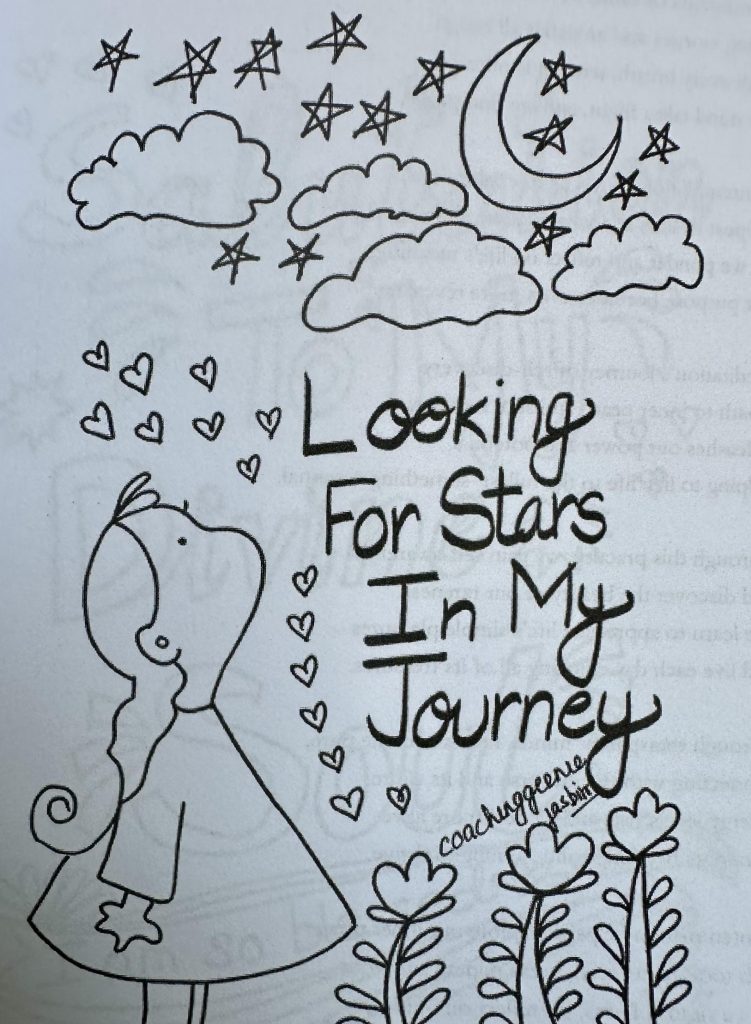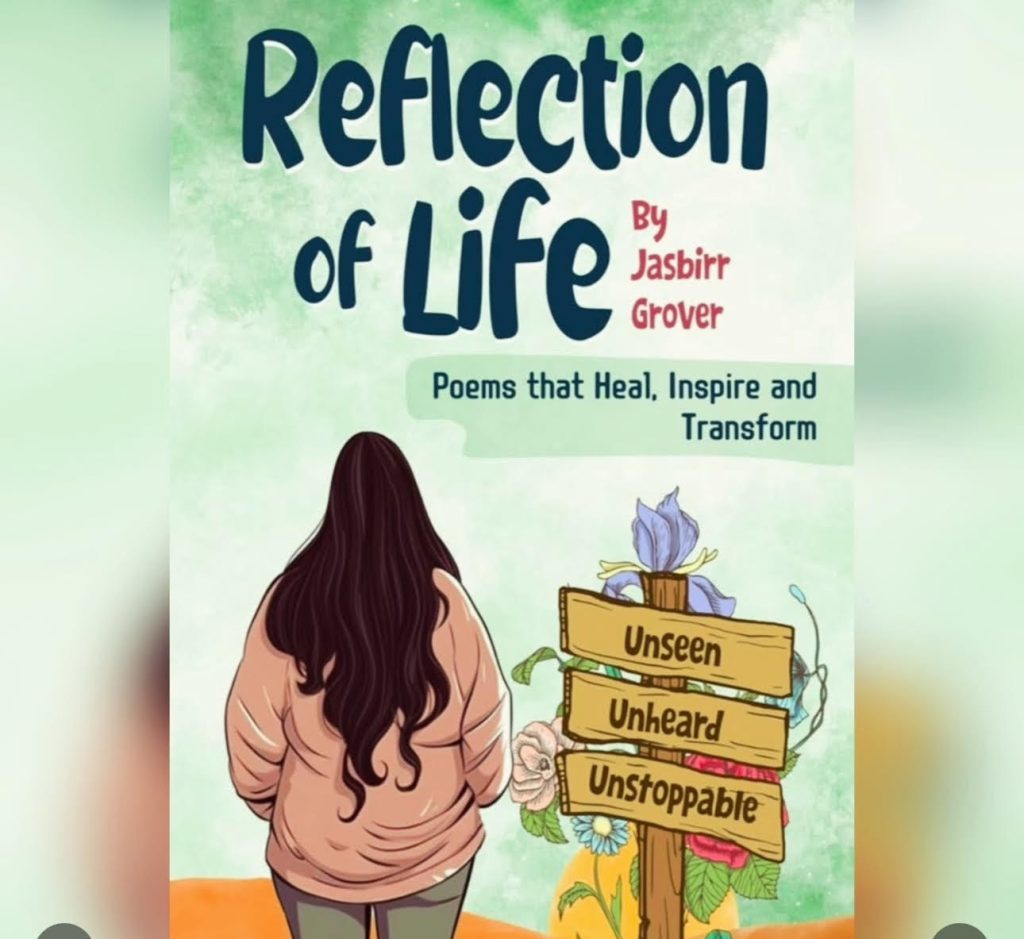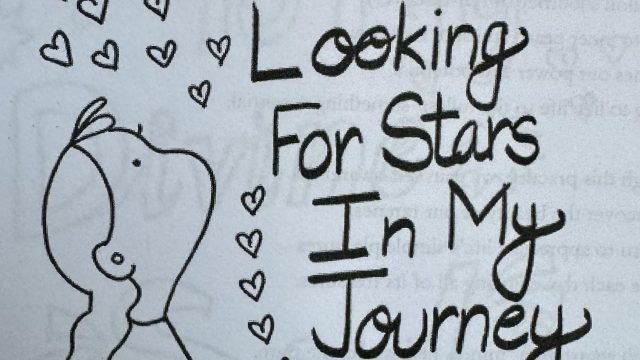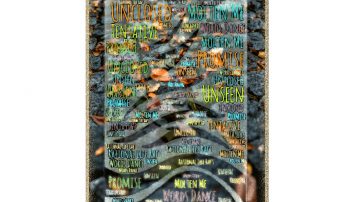Dear Reader
My journey has been far from ordinary. After decades of working in education and coaching in India, I migrated to the UK and returned to university at the age of 49 to pursue a Master’s in Creative Writing. This decision was more than an academic pursuit—it was an act of reclaiming my identity and finally giving words to the emotions I had long carried in silence.
Growing up, I was always the child who questioned, felt deeply, and didn’t quite fit into the boxes society tried to place me in. Losing my father at a young age left a lasting impact, shaping my worldview. Grief, identity, and expectations became themes that I wrestled with, not just in my personal life, but also in my creative expression. I turned to writing because words felt like home—safe, honest, and unrestricted.
Life has a way of testing us. Over the years, I’ve faced loss, the weight of societal expectations, and the challenge of balancing multiple roles—mother, professional, creator. The pressure to conform often left me feeling unheard, as though my emotions were too much, my presence too bold. There were moments when I felt lost, as though I had been cast in a role that didn’t quite belong to me.
However, no challenge has been as defining as moving to a new country. Leaving behind everything familiar, I stepped into an unfamiliar world with its own set of struggles—dealing with the cold, grey skies of the UK after years in the warmth of India, adjusting to a new academic environment, and navigating financial struggles. At the same time, I carried invisible weights—my younger son’s struggles, my elder sister’s mental illness in India, and my mother’s emotional breakdown as she coped with the realities of change.
There were moments of sheer exhaustion—late evenings where I found myself drenched in both rain and tears, questioning my journey. The grief of feeling discarded from my family roots, traveling so far only to find myself alone, weighed heavily on me. Yet, even in those moments, I held onto faith like a fragile thread of light in the darkness.

In my darkest moments, I turned to creativity. Poetry became my refuge, a sacred space where emotions could breathe without judgment. Writing was not just about crafting verses—it was about making sense of my emotions, about translating pain into something meaningful.
Doodle Art, in its simplest form, became a silent companion, allowing me to process emotions visually when words felt insufficient. There’s something profoundly therapeutic about watching an image take shape—each stroke a quiet affirmation that creation is an act of healing.
Beyond creativity, my faith and cultural roots have been an anchor. Sikh spiritual teachings, the power of ancestral wisdom, and the strength passed down through generations remind me that I am never truly alone. Music, too, has played a role in my healing.
Healing is not linear. There are days when the past still whispers, when doubts creep in. But I have learned to sit with them, to acknowledge them, and then to let them pass. The process repeats until peace outweighs the pain.
My poetry collection, Reflections of Life, emerged from this journey—not as a literary project, but as a means of survival. It is a tapestry woven with grief, love, and hope—a conversation between my past and present, between loss and healing.

We are all stories in progress, constantly rewriting, rediscovering, and reimagining ourselves. My mental health journey, creativity, and resilience is not unique—but it is mine. And if sharing my story can offer someone else a sense of understanding, a reminder that they are not alone, then every word, every poem, every piece of art has served its purpose.
Healing is not about erasing pain; it is about transforming it into something that helps us grow. It is about knowing that even when you find yourself alone, the whispers of the world remind you—you are still standing, still breathing, still here. And that is enough.
Arundel Gate
Arundel Gate’s view was harrowing—
one somber September evening,
the ten-storey Owen Building loomed,
gleaming with a lifeless gloom.
At the bus stop, cold rain fell
upon my sleeve. I was kissed as well
by grisly gusts of wind, which blew each limb
as though tapping out a funeral hymn.
That murky, mercurial England rain
was a well-known weather strain.
I knew that it would be brief,
the sun appearing like a smile showing teeth.
Steady traffic filled the road.
I was worn down from the cold.
Despite all the surrounding lights,
the world felt distant and out of sight.
Nerves wrapped me like a noose of pain
while the street-lights flashed again, again.
Sounds flowed past intangibly.
I felt a lesson beckoning me.
Don’t be afraid when night descends
for you control how things will end.
When storm clouds drive away the light,
believe in yourself, let your torch burn bright.
The stinging steps shot up through me;
I could barely focus enough to see,
but the flashing lights cheered me on.
Every night ends at dawn.
You can buy Jasbirr’s book here.



